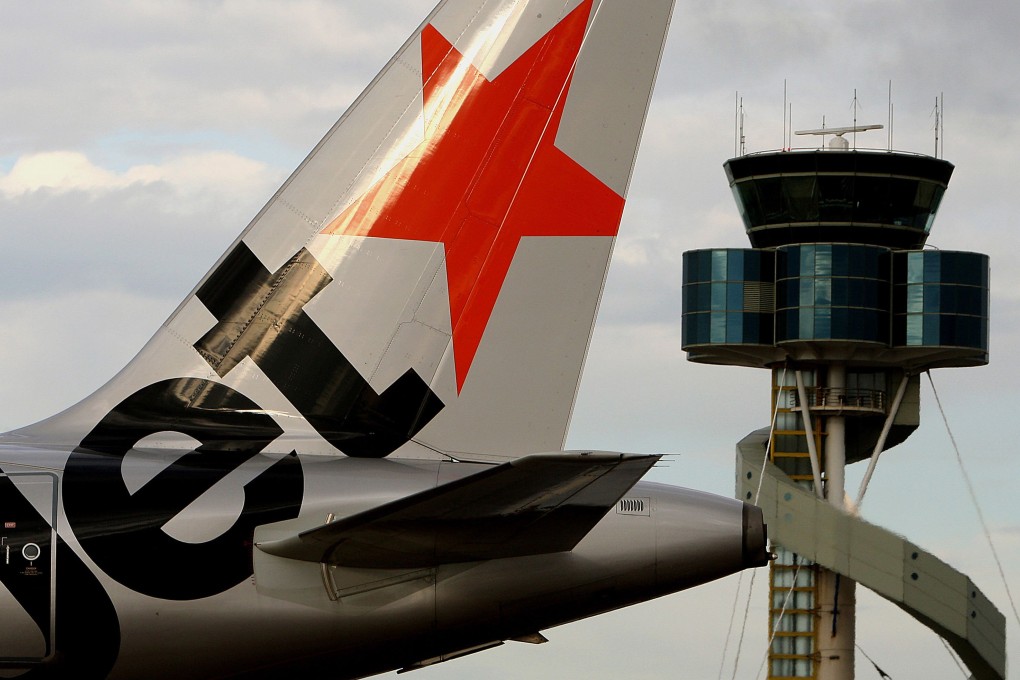Fears raised over Jetstar's market entry only a scare tactic

The article "Why is Jetstar so keen to become a Hong Kong airline?" (April 9) struck me as a little odd. The purpose of the piece seems to be more of an attempt to instil the notion that the introduction of further home-based low-cost carriers is a "Trojan horse", when, in fact, the opposite is true.
Air rights protect the interests of Hong Kong, not those of incumbent airlines. Engaging the public in a high-brow discussion peppered with industry-specific detail is nothing more than a scare tactic.
In fact, the interesting conspiracy theory that Jetstar Hong Kong's establishment will enable its shareholders to benefit from confidential information suggests that those airlines already established here may do the same. The argument is somewhat hollow.
In Hong Kong, four carriers from two major airline groups, together accounting for over 50 per cent of market share, are playing the protectionism card to delay a new market entrant. Since the city has just one home-based low-cost carrier, the outcome is a restriction on our access to low-cost fare options and preserving an uneven playing field.
Nowadays, travellers demand choice to suit their travel needs. Low-cost carriers open up access to new travel destinations, bring overnight visitors and boost local tourism and retail industries, which benefits Hong Kong.
This is exactly what Tony Tyler, director general of the International Air Transport Association and former Cathay Pacific chief executive, has said: "In many parts of the world, the low-fare sector has tapped into demand from new market sectors. So they have grown the market, rather than cannibalised it."
